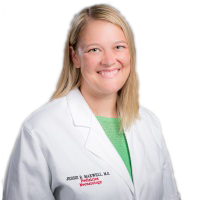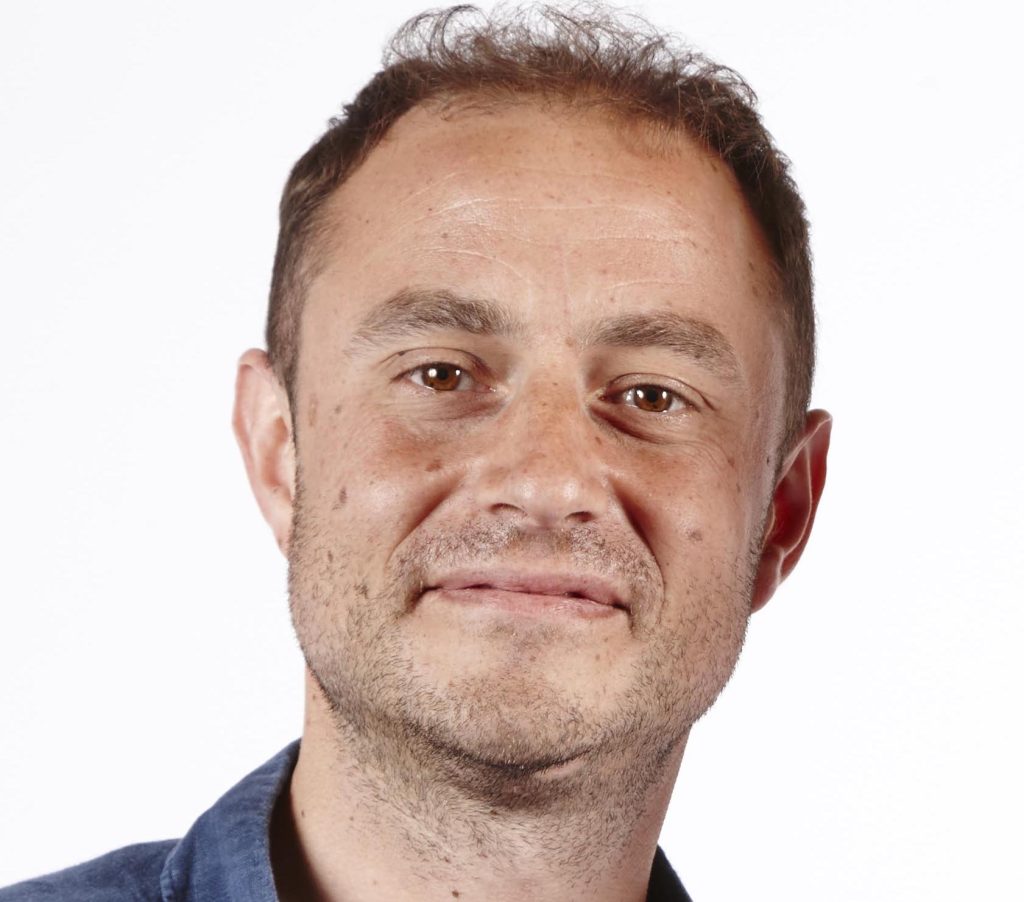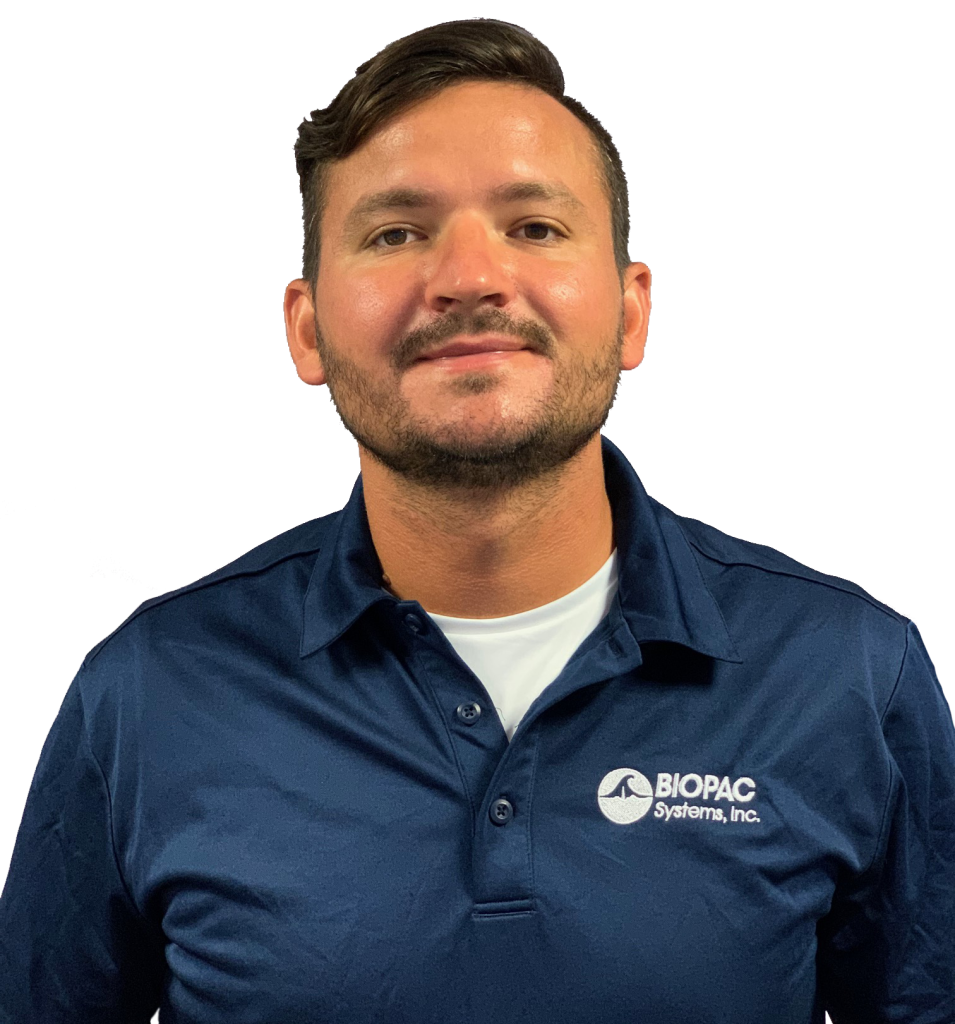Research & Best Practices for Recording Newborns, Infants, and Toddlers
Date
Thursday, February 24, 2022
Location
Watch On Demand
Host
BIOPAC SYSTEMS, INC. - U.S.A.

| Newborn, infant, and toddler study populations require a different approach than typical study groups. Researchers studying these populations face a unique set of challenges that often require specialized equipment and lab environments that may include parents or caregivers. Particular emphasis is typically placed on safety and skin sensitivity, as well. Join BIOPAC to learn the latest information, tips, and tricks for conducting research on this specialized population. We host a Power Panel of four experts who will present their work and discuss their findings. Jannath Begum Ali, PhD, University of London Centre for Brain and Cognitive Development, will present Optimizing physiological recordings in clinical populations. Dr. Ali will share her work collecting physiological data (ECG, GSR, EMG, respiration) from infant age groupings spanning newborn to toddler. She will discuss the practicalities of conducting longitudinal studies with clinical populations while incorporating physiological measurements in a multi-method context. Jessie R. Maxwell, MD, Director of Research, Neonatology Division for the University of New Mexico, will share insights for troubleshooting issues that arise when using BIOPAC equipment in a clinical setting. She will talk about the work that is being conducted at the University of New Mexico, which includes using BIOPAC in a newborn nursery setting and the newborn intensive care unit. Professor Sam Wass of the University of East London and BabyDevLab will present Heart to Heart: Recording physiological data during solo and parent-child naturalistic interactions in the lab, and in home settings. He will discuss his work collecting physiological data with infants across a range of ages, covering both traditional experiments and free-flowing naturalistic interactions in the lab and home settings. Slav Dimov, BIOPAC Systems, Inc., will review challenges in recording physiological data from neonates and infants, including participant compliance issues, tips on how to enhance compliance, and developmental differences in neonates and infants for ECG, HR, and EDA/GSR. Mr. Dimov will also present an overview of suitable BIOPAC equipment, electrodes, gels, skin prep, etc., for this population. Related Webinars: | Complete Form to Watch Video
|
About Jannath Begum Ali, PhD


Dr. Maxwell is a neonatologist clinician scientist. She enjoys working with the neonatal population of New Mexico, as well as researching the impact of prenatal exposures on brain development. Dr. Maxwell is the Associate Fellowship Director of Neonatology and strives to improve the educational experience of learners in the Newborn Intensive Care Unit. Dr. Maxwell has an interest in the impact that prenatal exposures, such as alcohol, have on the developing fetal brain. Her laboratory focuses on the neurodevelopmental outcomes following these exposures, with a particular focus on the frontal cortex. Dr. Maxwell hopes to identify markers of injury that are predictive as well as potential therapeutic interventions to improve the outcomes within this vulnerable population.

Professor Sam Wass gained a first-class undergraduate degree in Experimental Psychology at Oxford University and did his PhD at the Centre for Brain Cognitive Development in London. After this, he was awarded a British Academy Postdoctoral Fellowship, based at the Medical Research Council Cognition and Brain Sciences Unit at Cambridge, followed by an ESRC Future Research Leaders Fellowship at the University of East London. He was recently awarded a 5-year €1.5 million research fellowship from the European Research Council.
Sam’s research examines how concentration, stress, and learning capacities develop during early childhood. His current research project examines how noisy early home environments affect concentration and mental health in children growing up in diverse socio-economic status backgrounds in East London. He is also a collaborator on projects in London, New York, and Canada with clinical populations (children with Attention Deficit Disorder, Autism Spectrum Disorders, and Rett Syndrome).
About Slav Dimov
Slav Dimov graduated from the University of Freiburg, Germany with a Master of Economics and Bachelor of Engineering (MEMS). He joined BIOPAC in 2019 and is taking care of customer relationships in Europe.
For more information about BIOPAC events, check the BIOPAC Events Calendar or email support@biopac.com.
Stay Connected